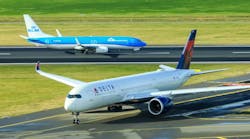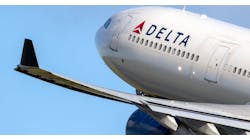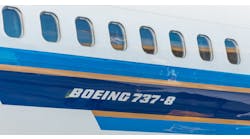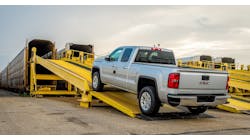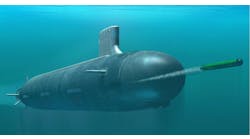In testimony to the U.S. Senate Commerce Committee on June 13, Federal Aviation Administration chief Mike Whitaker stated the agency had not applied effective oversight of Boeing Corp. prior to the January incident involving an Alaska Airlines 737 MAX 9 jet. “The FAA should have had much better visibility into what was happening at Boeing before January 5,” Whitaker said.
Going forward, Whitaker committed to a new approach. “We will utilize the full extent of our enforcement authority to ensure Boeing is held accountable for any noncompliance,” Whitaker said. “We currently have multiple active investigations into Boeing and are processing a number of reports filed by whistle-blowers.”
Both Boeing and the FAA have been under steady criticism from legislators since the investigation into the cause of two 737 MAX crashes in October 2018 and March 2019 revealed that regulators had been negligent in certifying the jets’ airworthiness, in 2017. FAA has consistently pledged to tighten its oversight of the OEM’s manufacturing programs.
Since the incident in January – in which a recently delivered Alaska Airlines 737 MAX 9 jet lost its door plug in mid-flight – FAA has had inspectors onsite in Boeing’s Renton, Wash., assembly plant. Agency inspectors are also in place at the Spirit AeroSystems plant in Wichita, Kan., where 737 MAX fuselage structures are fabricated.
Last month Whitaker stated that the FAA will not lift its production-rate restrictions on the 737 MAX program for the foreseeable future. In his testimony to the Senate committee, the FAA chief elaborated on the new approach. “We have been too much in reactive mode, waiting for some event to occur and analyzing the event to find out what to do differently,” Whitaker offered. “So we’re shifting to a much more proactive approach. On the manufacturing side, it’s introducing inspectors and coming up with clear indices to monitor performance,” Whitaker said.
And, he said the FAA has implemented “additional inspections at critical points of the production process.”
Boeing has been cooperative with the agency, and has submitted a plan for FAA approval to show its strategy for addressing the various safety and quality errors that have undermined the program.

